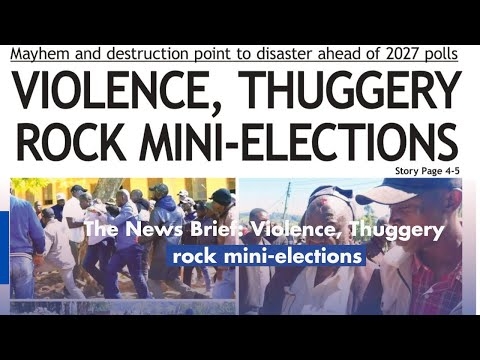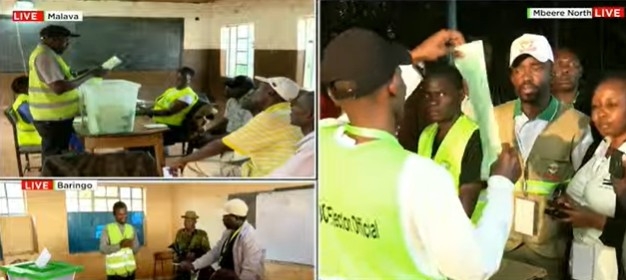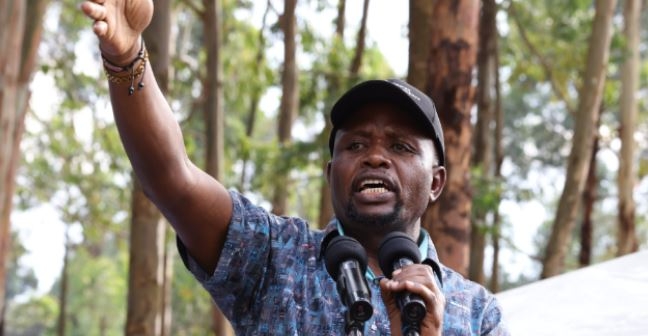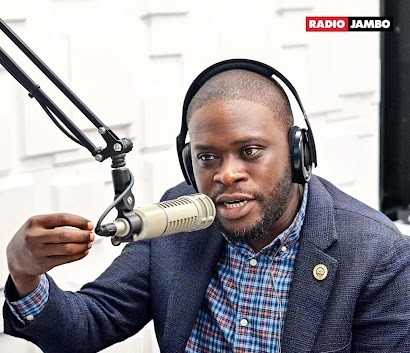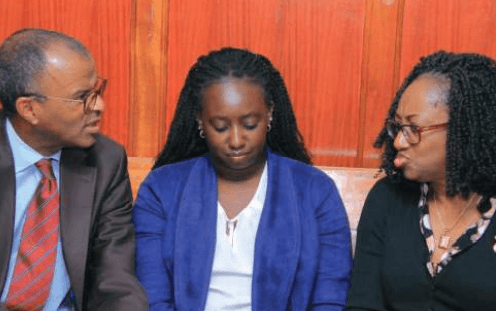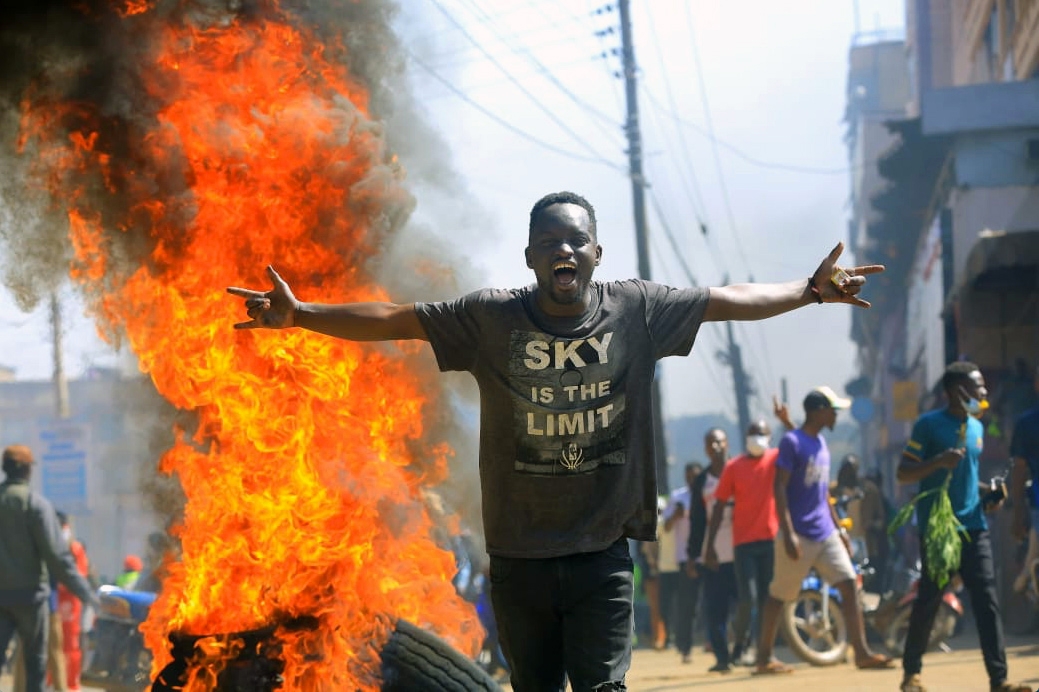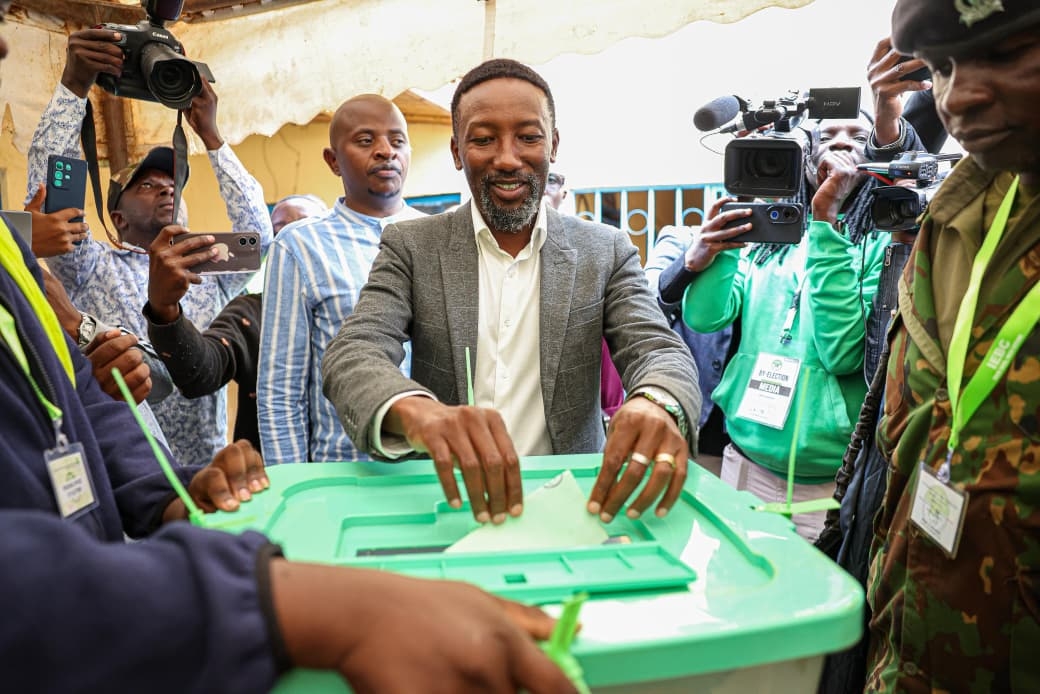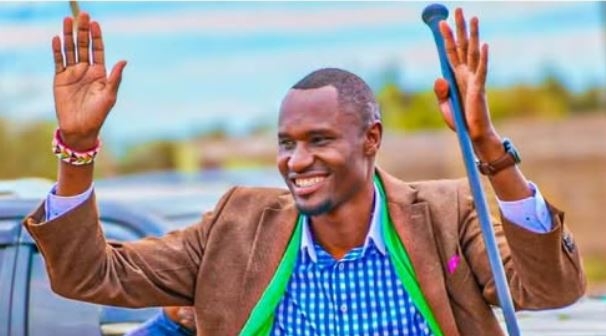
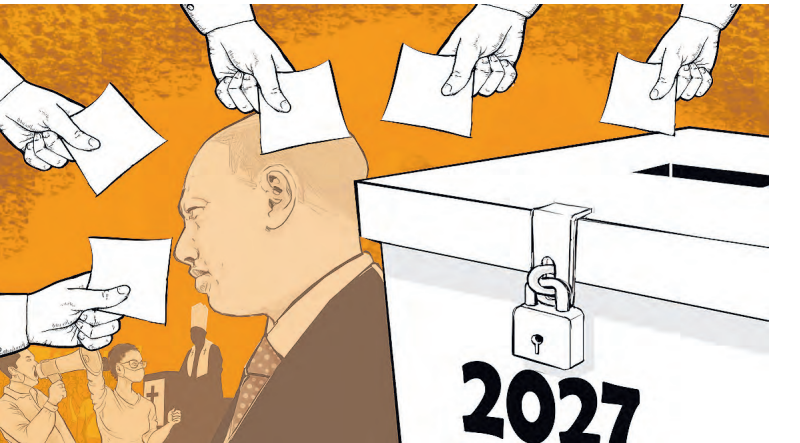
Voters have been taken for granted for far too long. It’s been this way because voters have allowed themselves to be misused.
However, the abusive relationship between the political power elite and the people did not begin with the current regime.
The founding regime of Jomo Kenyatta gave promises that are memorable in breach. The false dawn of 1963 remains an intransigent darkness despite promises of new beginnings.
The promise to fight mass poverty, disease and ignorance collapsed, as individual greed grew among the Jomo Kenyatta elite.
President Daniel Arap Moi inherited the blunderbuss of his predecessor. This was the context of Moi’s business-as-usual mantra — ‘Fuata Nyayo’. He replaced the Kenyatta power elite with his slew of loyalists, who spat on the people’s shoes for 24 years.
The Moi regime minted a few billionaires who worshipped conspicuous consumption, as the masses struggled to survive. The imagery of a land steaming with a few millionaires amidst a sea of paupers was attributed to JM Kariuki, originally a Jomo Kenyatta confidant.
When the British author Michela Wrong wrote It’s Our Turn to Eat, she was illustrating the disillusionment that enveloped Kenya during the Mwai Kibaki presidency.
The Mwai Kibaki regime is celebrated for doing a little better than his predecessors, and successors, but the era also had its notorieties: there was ascendant corruption, ethnic patronage, human rights abuses and deferred constitutionalism.
This was the era of the error of the multibillion-shilling Anglo-Leashing scam. The chorus of the William Ruto presidency is that it inherited a debt-ridden economy.
The ‘empty coffers’ former DP President Rigathi Gachagua cited, as an excuse for a reluctant turnaround, were bywords for massive ripoff during the Uhuru Kenyatta regime.
The Office of the Auditor General has made similar ritualistic citations of massive corruption.
The irony is, there has been no resolute resignations, prosecutions, convictions and acquittals. Token prosecutions are way below the expectations of right-thinking citizens.
The national lie will continue unless the people decide enough is enough. But will we when impoverished masses vote with their stomachs?
Two years after the 2022 general election, and about three years to the next democratic ritual, there is no evidence of serious lessons learned.
Despite massive disillusionment with the political elite, there is no evidence of mindset change. Religious organisations sound like they have seen the light.
But will the change last where selective amnesia reigns? Will the spate of civic consciousness survive the vicious cycle of compromise? Faiths had a massive influence during the 2022 election.
Most of these organisations endorsed Ruto’s candidature. His public effusion of religiosity influenced the decision. But the faiths realise deliverables are far below the expectations they had of the Kenya Kwanza regime. Unfulfilled promises, the painful load of taxation, the rising cost of living and corruption, which are sold as necessary sacrifices before economic turnaround, have seen faiths tongue-lashing the regime.
Youth restlessness, which peaked with Gen Z protests in June, and civil society litigation against questionable government decisions, represent the rage needed to reshape public governance.
Elections should not always be an opportunity for eating chiefs to change positions at the table. Yet that is what it is, and what it will always be unless a critical mass of citizens understands the vanity of power.
The number one enemy of electoral consciousness is the ‘mtu wetu’ syndrome, and the attendant feeling of entitlement.
The misconstructions breed ethnic rivalry among tribal conclaves struggling for their turn to dish. Halfway through its reign, the KK regime still has time to address massive disenchantment with its ‘modus operandi’.
Ethnic mobilisation of the vote may not work during the 2027 general election. The current struggle for survival cuts across parties and tribal loyalties. The tanking economy may be the single most important determinant of the direction of the 2027 ritual.
OKECH KENDO, University journalism lecturer and climate change local actions advocate





